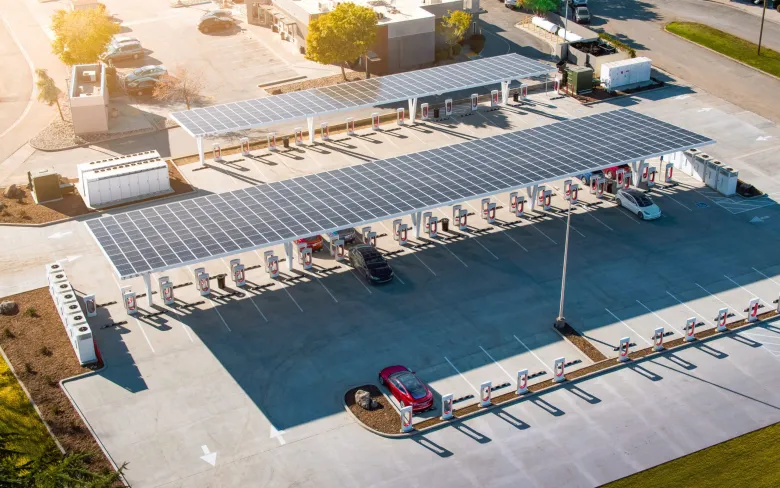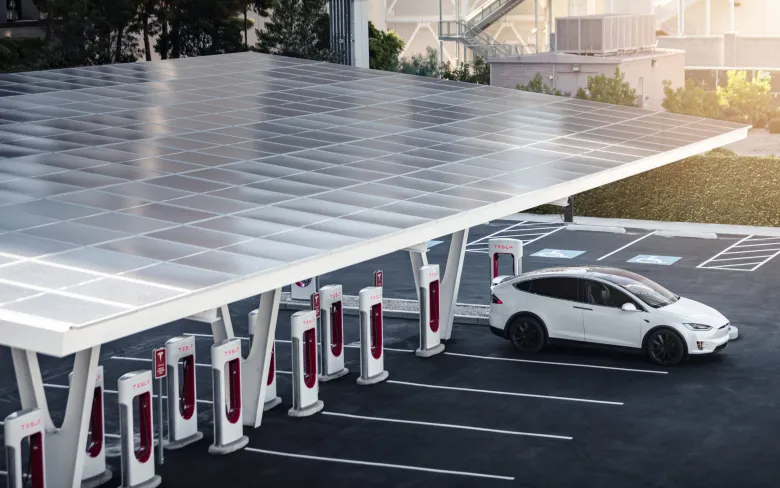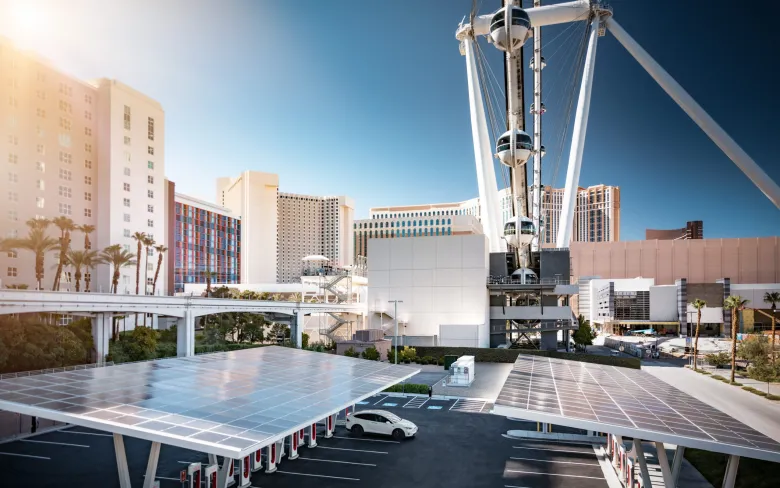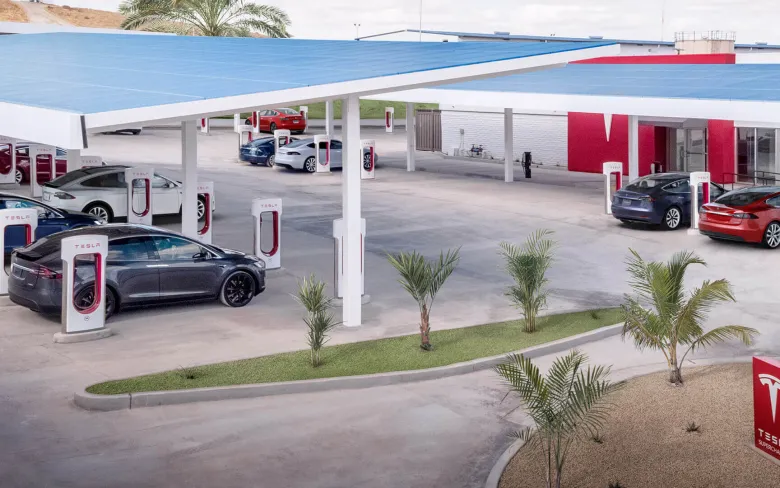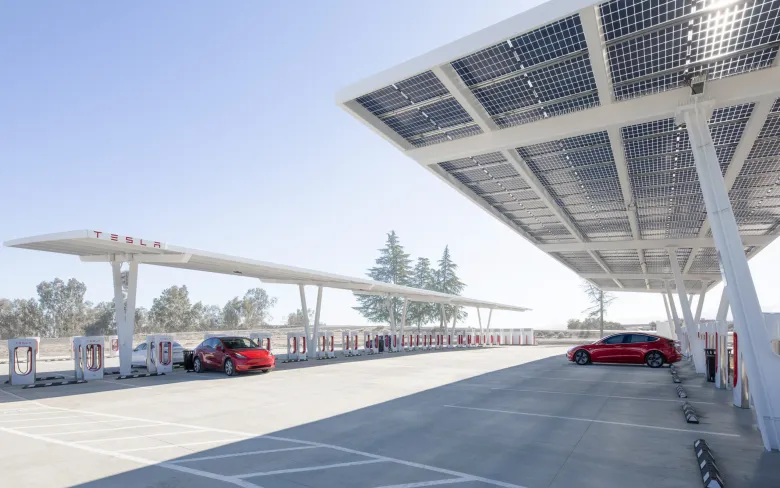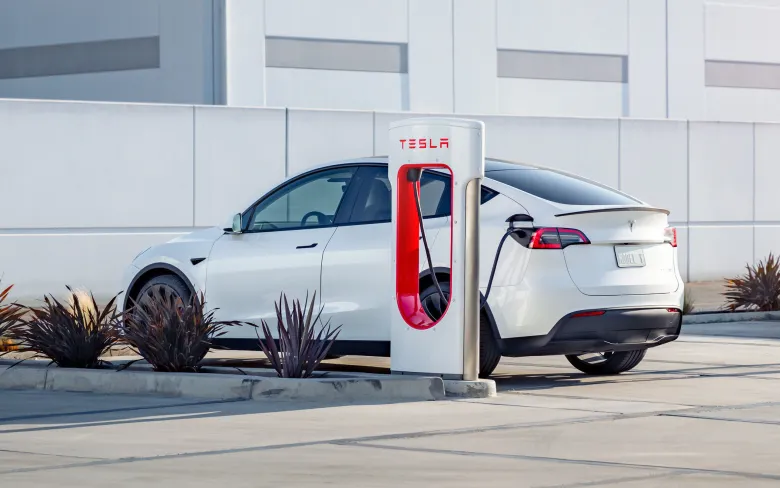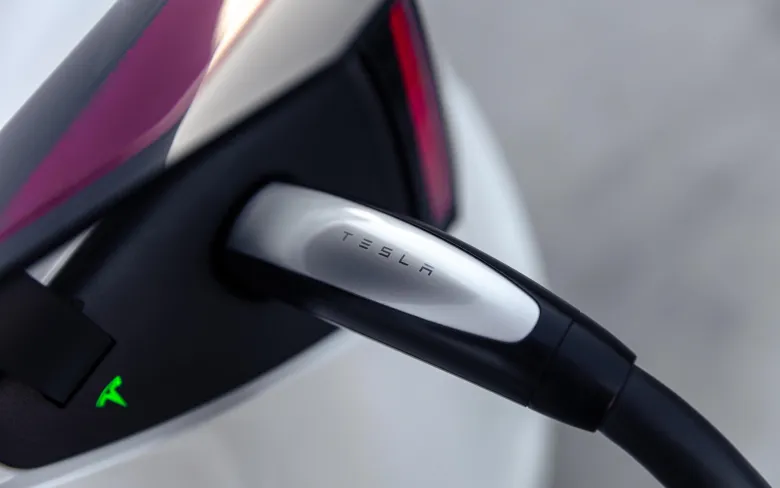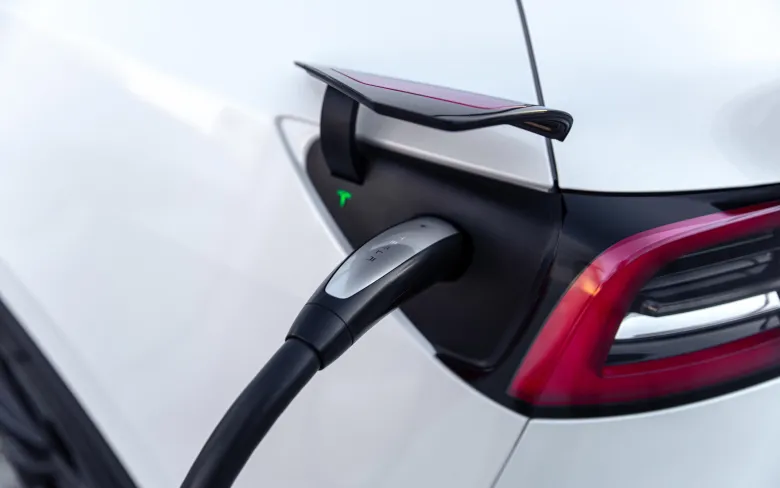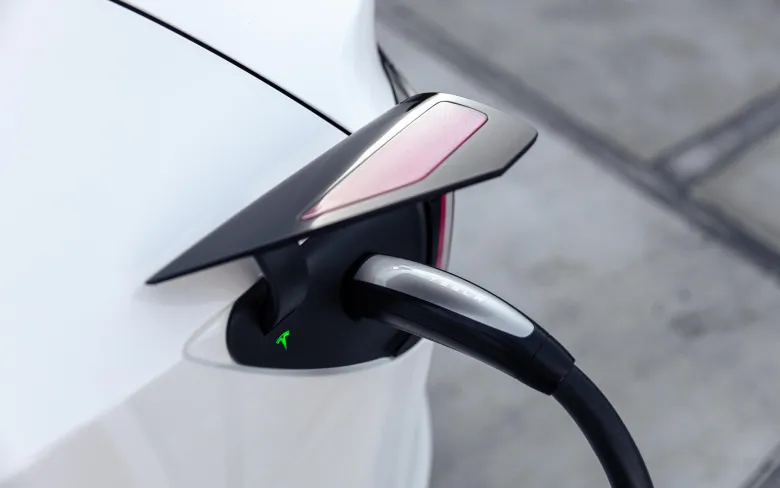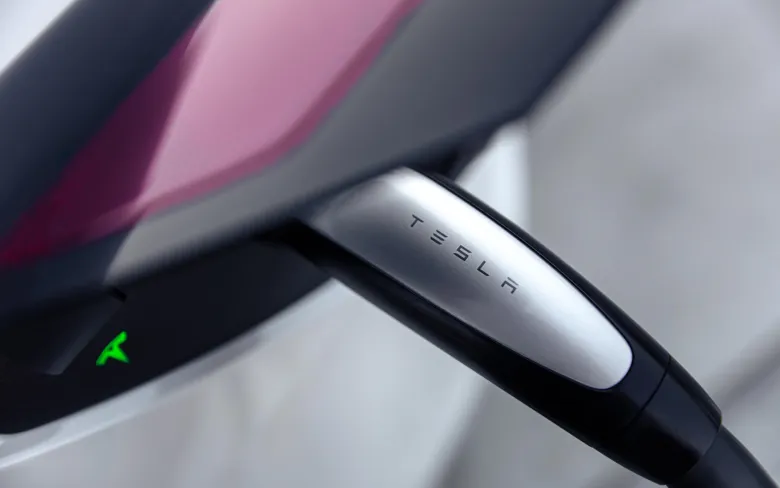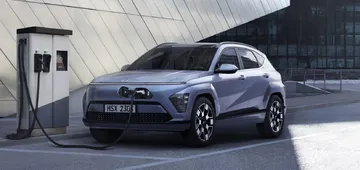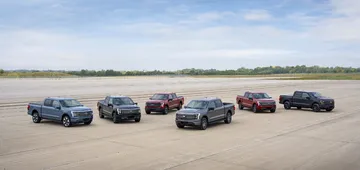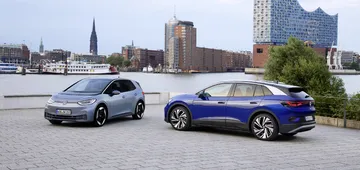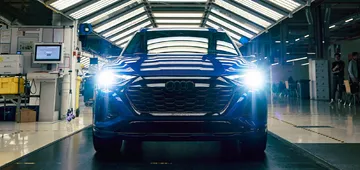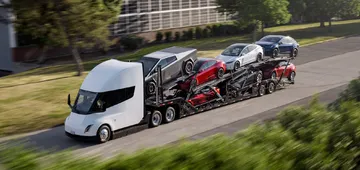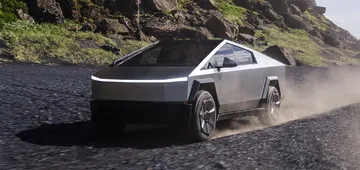Exploring the Tesla Supercharger Cost. How Much Does It Cost to Charge a Tesla?
Tesla's Supercharger network is a leading example of innovation in electric vehicle charging. It's designed to provide Tesla drivers with a fast, reliable, and convenient way to charge their cars. This widespread network has grown globally, making it easy for Tesla owners to charge their vehicles, especially on long trips. Supercharger stations are strategically placed at locations like shopping malls, hotels, and restaurants, ensuring they are easy to access when needed. The latest V2 and V3 Superchargers have made charging even more efficient, reducing the time
Tesla Supercharger costs can vary, and this is an important factor for electric vehicle owners to consider. Sometimes, these costs have been higher than traditional gasoline refueling, but overall, electric charging is becoming more affordable. The average rate for using a Tesla Supercharger is about $0.34 per kilowatt-hour (kWh). This rate can change based on regional electricity prices, peak demand times, and the season. For instance, costs may rise in winter due to higher energy use or in summer when electricity rates are generally higher. Tesla's pricing strategy and the expansion of its Supercharger network show the company's commitment to making electric vehicle use both accessible and cost-effective, promoting a more sustainable future with every mile driven.
Tesla Supercharger Cost Per kWh
Tesla's Supercharger network uses a flexible pricing system that changes based on location and time of day. Most stations charge by the kilowatt-hour (kWh), usually around $0.50 per kWh, but prices can vary. In some areas, prices have recently dropped by up to $0.10 per kWh. Where direct electricity sales are restricted, Tesla charges based on the power level and duration of the charging session. This system has two pricing tiers based on charging speed. Costs also differ by state; for example, it's $0.20 per kWh in California and $0.19 per kWh in New York, showing regional price differences.
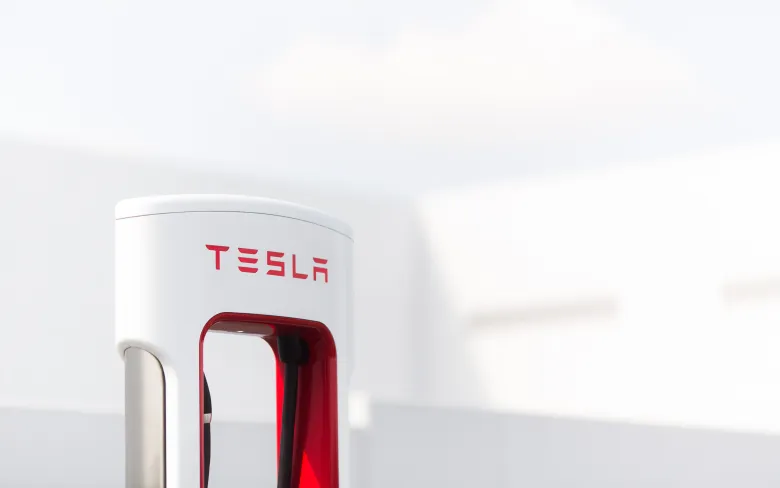
Tesla has introduced time-of-day pricing in some areas to encourage charging during off-peak hours, making the network more efficient and cost-effective. For example, at a Florida station, the rate is $0.35 per kWh in the early morning but drops to $0.14 per kWh from midnight to 4 am. On average, charging at Tesla's latest level III chargers costs around $0.34 per kWh, though this can change with peak pricing. These strategies show Tesla's commitment to offering affordable charging options, supporting the wider use of electric vehicles by providing efficient and cost-effective solutions.
How Much Does It Cost to Charge a Tesla?
The cost to charge Tesla vehicles at a Supercharger varies by model, charger type, and electricity rates. For the Tesla Model 3 Standard Range Plus (50 kWh battery), a full charge costs about $8.24, or around $0.032 per mile, which is $3.15 for 100 miles. The Long Range and Performance versions (82 kWh battery) cost roughly $13.51 to fully charge, with the cost per mile being $0.038 for the Long Range and $0.043 for the Performance.
For the Tesla Model Y, both Long Range and Performance versions (75 kWh battery) cost around $12.35 for a full charge. The cost per mile is about $0.038 for the Long Range (326-mile range) and $0.041 for the Performance (303-mile range).
The Tesla Model X, with a 100 kWh battery, costs about $16.47 for a full charge. The Long Range version costs approximately $0.046 per mile (360-mile range), and the Plaid version costs around $0.048 per mile (340-mile range).
Supercharging costs for Tesla vehicles differ depending on the model. For a full charge:
- Model Y: Costs around $17.21 (75 kWh battery), which is about $0.053 per mile for the Long Range version and $0.057 for the Performance version.
- Model 3: The Standard Range Plus (50 kWh battery) costs roughly $11.47, while the 82 kWh battery version costs about $18.82.
- Model S: The Long Range model costs approximately $0.041 per mile (405-mile range), and the Plaid version costs around $0.042 per mile (396-mile range).
On average, charging a Tesla is much cheaper than fueling a gas-powered car, though the exact cost per mile can vary depending on electricity prices in the U.S.
Tesla Model 3 Supercharger Costs, Understanding Your Charging Bill
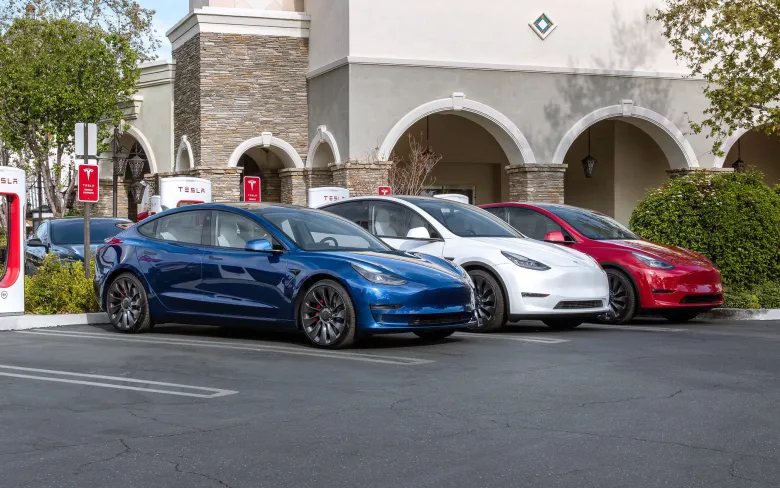
The cost of charging a Tesla Model 3 at a Tesla Supercharger varies depending on factors like local electricity rates and peak pricing times. On average, it costs about $0.34 per kWh at Tesla's latest Level III chargers, but this can change based on the location. To help Tesla owners manage these costs, the Tesla Supercharger Cost Calculator is a useful tool. It lets users calculate and compare the cost of charging at home versus using a Supercharger. This tool is helpful for both current Tesla owners and those thinking about buying a Tesla, as it supports various models, including the Model 3.
The cost of charging a Tesla can change with the seasons. In colder months, Tesla batteries may use more energy, increasing the cost of charging. Some states offer lower electricity rates during off-peak hours, known as "overnight rates," making home charging more affordable. The Tesla Supercharger network is conveniently located near shopping centers, hotels and restaurants. This arrangement makes it easy for Tesla drivers to charge their cars on long trips and fits well in urban areas, which enhance the overall experience of owning a Tesla.
Tesla Model Y Charging Costs at Supercharger Stations
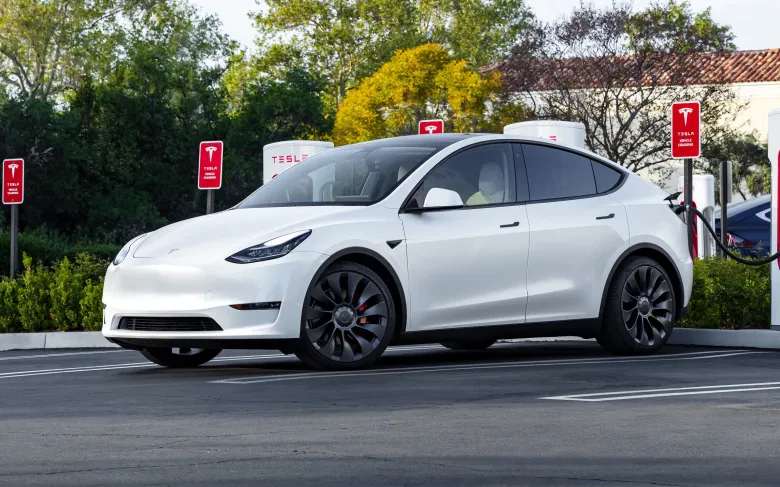
Charging a Tesla Model Y at Supercharger stations typically costs around $0.34 per kWh at the latest Level III chargers, but prices can vary depending on location and peak times. Tesla owners can use the Supercharger Cost Calculator to compare the cost-effectiveness of charging at home versus at Supercharger stations. This tool allows users to input different factors, like charger type and local electricity rates, to help make informed decisions. The Model Y can gain up to 162 miles of range in just 15 minutes at these stations. However, owners should be mindful of how seasonal changes and high electricity demand can affect costs, especially during colder months or peak summer periods.
Tesla's Supercharger network, now boasting over 1134 stations in 208 countries, is strategically designed for both convenience and efficiency, supporting the growing trend of long-distance electric vehicle travel. The evolution of this network, marked by the introduction of V2 and V3 Superchargers, has dramatically increased charging speeds. Despite these advancements, the cost of charging a Tesla Model Y at a Supercharger generally exceeds that of home charging, mainly due to the higher per kWh rates at these stations. Therefore, Tesla owners are encouraged to primarily rely on home charging for both cost savings and to maintain battery health, reserving Supercharger use mainly for longer journeys. This approach not only promises financial benefits but also aligns with Tesla's vision of sustainable and efficient electric vehicle usage.
Understanding Tesla Model S Charging Costs at Supercharger Stations
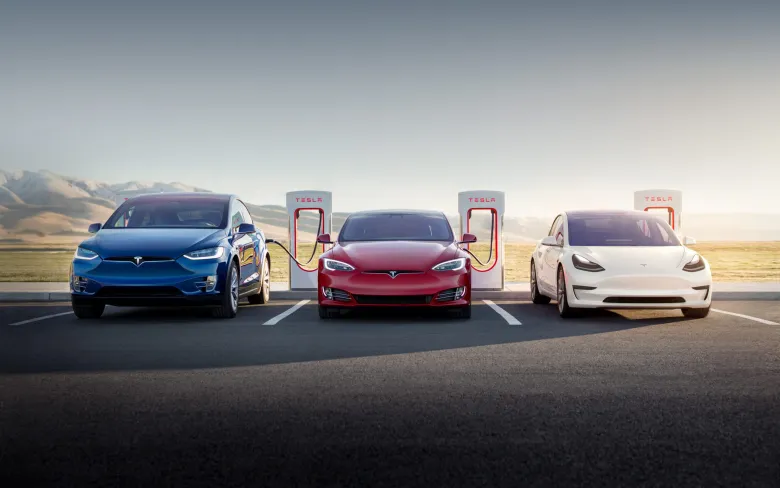
There are a number of costs associated with charging a Tesla Model S at Supercharger stations. On average, it costs about $0.34 per kWh at Tesla's latest Level III chargers, but this can change based on regional peak pricing. Tesla's Supercharger Cost Calculator is a useful tool for comparing the cost of charging at home versus at Supercharger stations. It allows Tesla owners to enter information such as charger type and local electricity costs to help them make informed decisions about their charging costs.
Charging a Tesla Model S may also vary with the seasons. In colder months, the battery may require more energy to charge, which can increase costs. During periods of high demand, such as the summer, electricity rates may increase. It's important for Tesla owners to be aware of these seasonal rate changes. By staying informed, they can optimize their charging strategy to make efficient use of the Supercharger network while managing costs. This helps ensure cost efficiency and supports the sustainable and convenient use of electric vehicles.
Tesla Model X and Supercharger Expenses
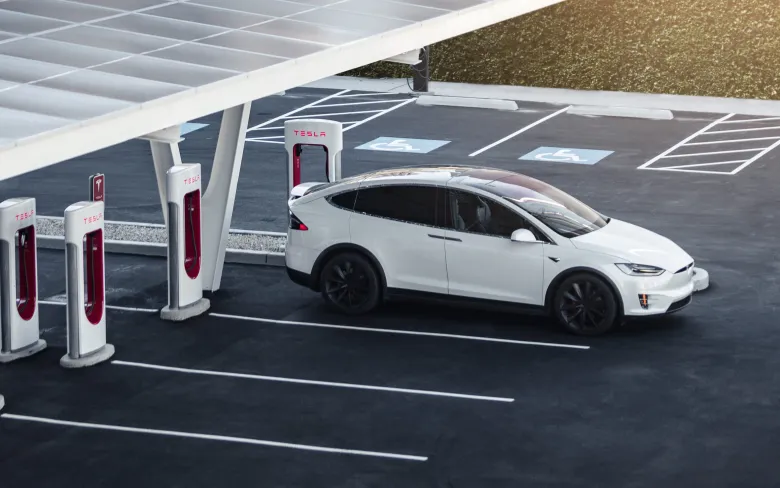
Charging a Tesla Model X at Supercharger stations combines advanced technology with cost efficiency. The Model X with a 100 kWh battery costs approximately $16.47 to fully charge, allowing for some energy loss during charging. This translates to approximately $0.046 per mile for the Long Range version (360-mile range) and $0.048 per mile for the Model X Plaid (340-mile range). These estimates show how efficiently the vehicle uses its battery to maximize range. The Supercharger network, a key part of Tesla's infrastructure, provides fast charging, allowing the Model X to quickly gain significant range, ideal for long-distance driving.
The Tesla Supercharger Cost Calculator is an essential tool for Tesla owners, especially Model X drivers. It helps them decide whether it's cheaper to charge at home or at a Supercharger station, taking into account factors such as charger type and different electricity rates in different states. Seasonal changes in electricity demand can also affect costs, with peak pricing periods potentially increasing the cost per kWh. With more than 1134 Supercharger stations worldwide, Tesla is ensuring that Model X owners have easy access to fast charging, whether they're traveling across town or across the country.
Tesla Supercharger Stations in California: Pricing and Access Details
Tesla recently raised prices at its Supercharger stations in California, with many now charging around $0.50 per kWh during peak hours. This increase reflects broader changes in the energy market. To address this, Tesla is offering a 50% discount for charging at night during off-peak hours in metropolitan areas, bringing the cost down to about $0.09 per kWh. This strategy is designed to encourage Tesla owners to charge their cars when stations are less busy, reducing congestion and optimizing the use of the Supercharger network.
Tesla Supercharger stations use two billing methods: per kilowatt-hour (kWh) and per minute. The per-kWh method, which is more common, typically costs about $0.25 per kWh, but can vary by location. The per-minute method is used primarily in areas where non-utility companies can't sell electricity by the kWh. In these locations, Tesla offers four tiers of rates based on charging speed.
Tesla also charges idle fees when a car remains parked after charging, especially when the station is more than 50% full. These fees are charged on a per-minute basis to encourage drivers to move their cars after charging to ensure that stations are available for others. These measures help Tesla manage energy costs and keep its Supercharger network efficient and accessible to more users.
Tips to Reduce Costs at Tesla Supercharger Stations
To save money at Tesla Supercharger stations, Tesla owners can use a few smart strategies. One of the easiest ways to reduce costs is to charge during off-peak hours when electricity is cheaper, typically at night. Using the Scheduled Charging feature, owners can set their cars to charge at these times. Also, prices vary between Supercharger locations, so using apps like PlugShare and ChargePoint to find the best rates can help. Tesla's Destination Charging program offers free or discounted charging at certain locations, such as hotels and restaurants, which can be a cost-effective alternative. By following these tips, Tesla owners can reduce their charging costs.
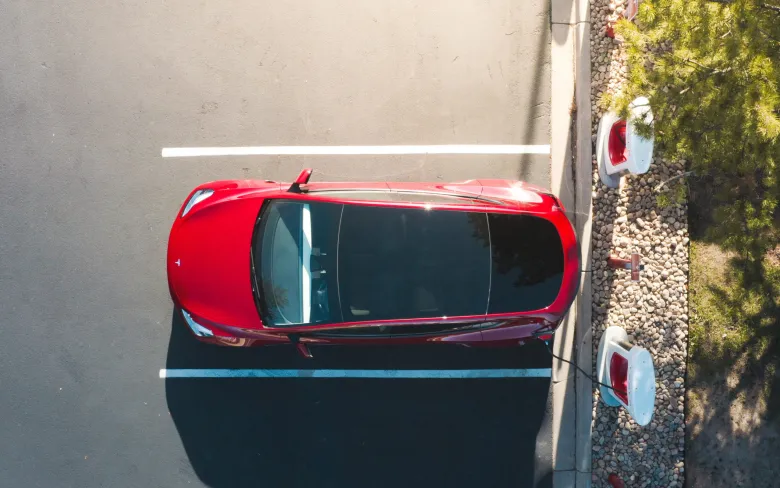
Investing in solar panels is a smart way to reduce the cost of charging a Tesla. By producing your own electricity, you can rely less on the grid and save money on charging over time. It's also important to optimize your charging habits; avoid using the "maximum range" setting and stick to standard or balanced modes to conserve energy and save money. Using a smart home charging system to charge your Tesla during off-peak hours when electricity is cheaper can further reduce costs. These steps not only make owning a Tesla more affordable, but also support a more sustainable and environmentally friendly use of electric vehicles.
Conclusion of Tesla Supercharger Cost
Tesla's Supercharger network is a practical and innovative solution for charging electric vehicles. It provides Tesla drivers with a fast and reliable way to charge their cars, which is especially important for long trips. The network's stations are strategically located in convenient locations such as shopping malls, hotels and restaurants, making them easily accessible. The introduction of V2 and V3 Superchargers has made the charging process faster, reducing the time it takes to charge a Tesla and increasing the convenience of electric vehicle travel.
However, the cost of using the Supercharger network varies and can sometimes be more expensive than traditional gasoline. The price, typically around $0.34 per kWh, depends on regional electricity rates and peak pricing periods. Seasonal factors, such as higher energy demand in the winter or higher electricity prices in the summer, can also affect costs. Despite these variations, Tesla's pricing strategy and ongoing expansion of the Supercharger network are designed to make electric vehicle use more convenient and affordable, thereby encouraging wider adoption of sustainable transportation.
| Tesla Model | Battery Size | Cost to Fully Charge | Cost per Mile | Cost for 100 Miles |
|---|---|---|---|---|
| Model 3 Standard Range Plus | 50 kWh | ~$8.24 | $0.032 | $3.15 |
| Model 3 Long Range/Performance | 82 kWh | ~$13.51 | $0.038-$0.043 | $3.83-$4.39 |
| Model Y Long Range/Performance | 75 kWh | ~$12.35 | $0.038-$0.041 | $3.79-$4.08 |
| Model X Long Range | 100 kWh | ~$16.47 | $0.046 | $4.58 |
| Model X Plaid | 100 kWh | ~$16.47 | $0.048 | $4.84 |
| Model S Long Range | 100 | ~$19 | $0.041 | $4.07 |
| Model S Plaid | 100 | ~$22 | $0.042 | $4.22 |
FAQs about Tesla Supercharger Cost
Charging your Tesla from 0% to 100% at a Tesla Supercharger typically costs about $15. However, the final cost may vary based on factors such as the charging rate at the station and any additional fees.
A Tesla Supercharger can quickly charge a nearly empty Tesla to 80 percent in just 15 to 30 minutes, but it costs about twice as much as charging at home. Prices range from $0.25 per kilowatt hour to $0.50 per kilowatt hour, depending on location.
The Tesla Supercharger, a DC fast-charging station designed and operated by Tesla, is reserved exclusively for Tesla vehicle owners. These stations are capable of charging at a maximum speed of 250 kW.
The Tesla Supercharger, a DC fast-charging station designed and operated by Tesla, is reserved exclusively for Tesla vehicle owners. These stations are capable of charging at a maximum speed of 250 kW.
For a deeper dive into the world of electric vehicles, take a look at the article of the How Long Does it Take to Charge a Tesla, which offers a detailed look at EVs. Additionally, we made the article about Tesla Free Supercharging.
